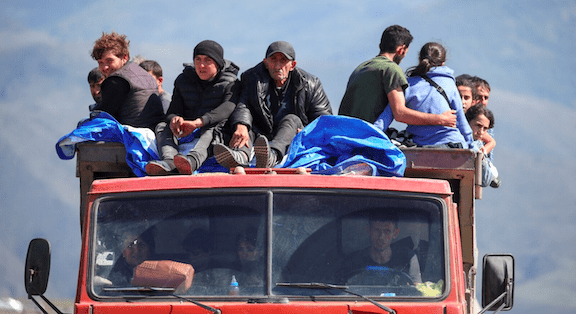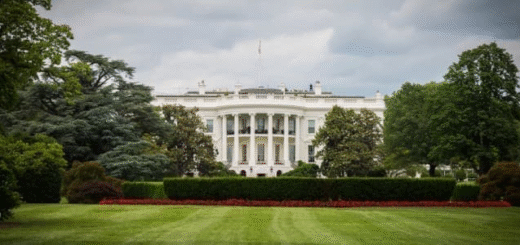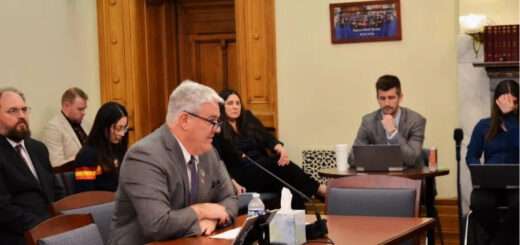Issue of Armenian Captives to be Addressed within the Peace Agreement Context, Pashinyan adds

Prime Minister Nikol Pashinyan on Tuesday again said that return of Artsakh Armenians to their homeland was not realistic, as he claimed it would be “dangerous” to the peace process.
Responding to a question from a European lawmaker at the Parliament Assembly of the Council of Europe, where he addressed the forum, Pashinyan said that he was being “honest” in order for Artsakh Armenians to make plans about their lives accordingly.
More than 100,000 Artsakh Armenians were forcibly displaced from their homes when Azerbaijan launched an attack in September, 2023, that saw the depopulation of Artsakh and what many international rights groups call an ethnic cleansing.
“I consider the topic of the return of all refugees in this context to be dangerous for the peace process because the Karabakh conflict began with seemingly simple humanitarian issues and escalated into a long-term conflict,” Pashinyan said, framing the entire Artsakh issue incorrectly.
“As for our compatriots who are refugees from Karabakh, our understanding of this issue is that with our support and that of the international community, Karabakh refugees should settle down in Armenia … and we envision the future of our compatriots from Karabakh in Armenia and with Armenian citizenship,” Pashinyan said.
Pashinyan recalled that Armenia recognizes the territorial integrity, sovereignty, and inviolability of the borders of Azerbaijan, based on the Alma-Ata Declaration of 1991, and called for focusing on this resolution.
“To implement this resolution in the coming decades, Armenia and Azerbaijan must leave each other alone, focus on economic cooperation, and gradually build a dialogue,” Pashinyan said.
He, instead, anticipates that the international community will step in to address the needs of Artsakh Armenians.
“We hope to receive significant financial assistance from the international community to resolve their issues,” Pashinyan said.
He said, the Council of Europe can also assist the Armenian refugees from Nagorno-Karabakh by implementing various programs, including training and education. He called this “a very important direction so that they can find their place in Armenia’s labor market more quickly.”
Through their official statements and social media posts, Pashinyan and members of his government have often disparaged Artsakh Armenians, who on many occasions have rallied against the tone of these officials who have made them feel like second class citizens in Armenia.
With this, coupled with the systemic cuts to benefits being offered by the government, the fate of Artsakh Armenians remains murky, at best.
Pashinyan also reiterated his earlier comments regarding the fate of Armenian captives being held illegally in Baku, with no end is sight for their release. With the matter not being part of the text of the peace agreement or other documents that were since signed, the government does not have any concrete plans to secure their release.
Instead, Pashinyan said Tuesday, the issue of the captives must be addressed within the context of the peace agreement he initialed with President Ilham Aliyev of Azerbaijan last month in Washington.
“Our newborn peace is already one month and 22 days old. We must nurture it, cherish it, and ensure its growth and strength,” Pashinyan told the PACE session.
“Within this context, it is also important to clarify the fate of missing persons and resolve the issue of those taken prisoner as a result of the conflict,” Pashinyan said





